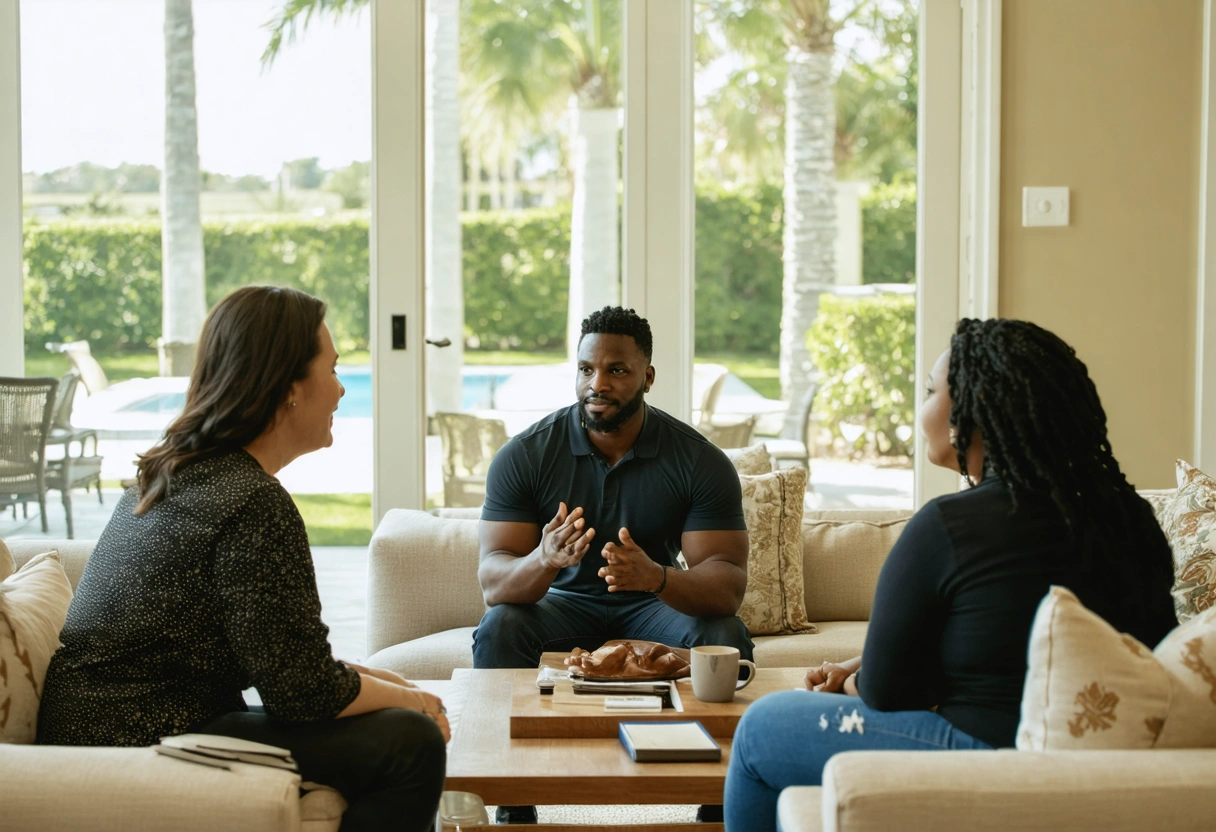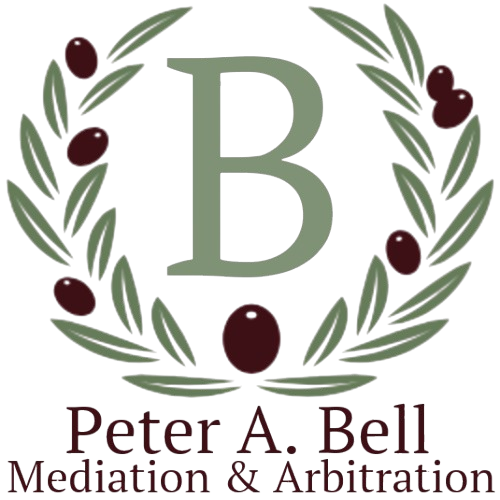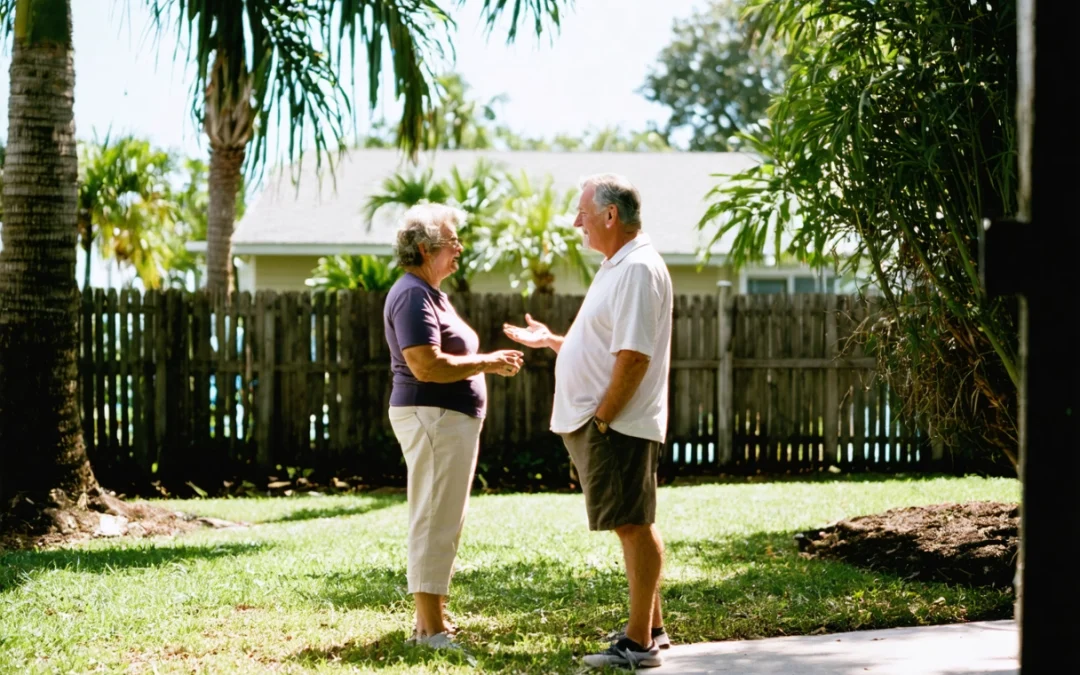Utilizing Mediation for Personal Disputes: A Practical Approach for Floridians
Conflict is an inevitable part of human relationships, whether it arises between neighbors, family members, friends, or business partners. In Florida, where the population is diverse and the pace of life can be fast, misunderstandings and disagreements can quickly escalate if not managed constructively. Traditional litigation is often costly, time-consuming, and adversarial, making it an impractical solution for many personal disputes. Fortunately, mediation offers a powerful alternative that empowers individuals to resolve their differences amicably, efficiently, and with lasting results. In this comprehensive guide, we will explore the nuts and bolts of mediation for personal disputes, with a special focus on practical tips and resources for Floridians.
Whether you are currently embroiled in a conflict or simply seeking to expand your conflict management toolkit, understanding mediation can be transformative. This article will delve into what mediation is, its unique benefits, the Florida mediation process, tips for successful outcomes, and where to find reputable mediation resources throughout the state.
What is Mediation and How Does It Work?
Mediation is a structured, voluntary process in which an impartial third party, known as the mediator, helps disputing parties communicate, clarify issues, and explore solutions. Unlike a judge or arbitrator, the mediator does not impose a decision but instead facilitates constructive dialogue, empowering the parties to reach their own agreement. Mediation can be used for a wide range of personal disputes, from family disagreements to landlord-tenant issues, and is particularly well-suited for situations where preserving relationships is a priority.
The process typically begins with a joint session where each party has an opportunity to share their perspective. The mediator then guides the conversation, encouraging respectful communication, identifying underlying interests, and brainstorming potential solutions. If an agreement is reached, it is documented and can become legally binding, depending on the circumstances. For a deeper understanding of the mediation process, visit the American Bar Association’s detailed mediation resource.
Why Choose Mediation for Personal Disputes?
Mediation offers several advantages over traditional litigation or letting disputes fester unresolved. First and foremost, it is typically much less expensive than court proceedings, as it avoids costly legal fees and drawn-out court battles. Mediation is also faster, often resolving disputes in a matter of hours or days rather than months or years. Most importantly, mediation is confidential, meaning that sensitive personal information is not made public as it would be in a court case.
Another major benefit is that mediation fosters cooperation and empowers parties to craft creative solutions tailored to their unique needs. This collaborative approach is especially important in personal disputes where ongoing relationships are at stake. For example, mediation is commonly used in divorce and child custody cases in Florida because it encourages parents to work together in the best interests of their children. A comprehensive overview of mediation’s benefits can be found on the Nolo Mediation FAQ page.

The Mediation Process in Florida: Step-by-Step
Florida has been at the forefront of promoting mediation as an alternative dispute resolution method. Many courts across the state require parties to attempt mediation before proceeding to trial, recognizing its effectiveness in reducing caseloads and fostering more satisfactory outcomes. Here’s what Floridians can expect when embarking on the mediation journey:
1. Initiating Mediation
Mediation can be initiated voluntarily by the parties or may be mandated by a court order. In voluntary cases, both parties must agree to participate and select a mediator, who may be a certified professional or a trusted community leader. In court-ordered situations, the court will provide a list of approved mediators or assign one directly.
2. Selecting a Mediator
Choosing the right mediator is crucial. In Florida, mediators must meet specific training and ethical standards, particularly for court-connected cases. It’s wise to select someone with experience relevant to the type of dispute at hand, such as family, civil, or community mediation. The Florida Courts Mediation resource provides a searchable directory of certified mediators statewide.
3. Preparing for the Mediation Session
Preparation is key to a successful mediation. Parties should gather any relevant documents, consider their goals, and be ready to discuss potential solutions. In some cases, parties may choose to bring legal counsel or a support person, though this is not required. The mediator will typically outline ground rules for respectful communication and confidentiality.
4. The Mediation Session

Mediation sessions can be held in person, by phone, or via video conference, depending on the parties’ preferences and the complexity of the dispute. The mediator will facilitate open dialogue, help clarify misunderstandings, and keep the discussion focused on problem-solving. If emotions run high, the mediator may meet with each party separately in a process called caucusing.
5. Reaching and Formalizing an Agreement
If the parties reach a mutually acceptable solution, the mediator will help draft a written agreement. This document can be as detailed as necessary and, in court-related cases, may be submitted to the judge for approval. If no agreement is reached, the parties retain the right to pursue other remedies, including litigation.
Types of Personal Disputes Suited for Mediation
Mediation is highly adaptable and can be applied to a wide variety of personal conflicts. Some of the most common situations in which Floridians utilize mediation include:
- Family Disputes: Divorce, child custody, parenting plans, elder care, and inheritance issues often benefit from mediation’s cooperative approach.
- Neighbor and Community Conflicts: Disputes over property lines, noise complaints, or homeowner association issues are well-suited to mediation, which keeps matters private and fosters goodwill.
- Landlord-Tenant Issues: Rent disputes, repairs, and evictions can often be resolved more amicably and efficiently through mediation.
- Business and Consumer Disputes: Small business disagreements and consumer complaints can be mediated to avoid costly and adversarial litigation.
- Workplace Disputes: Conflicts between employees, or between employers and employees, can be addressed through mediation to restore trust and productivity.
In all these contexts, the principles of mediation remain the same: voluntary participation, confidentiality, and a focus on finding common ground. To explore more about the types of disputes suitable for mediation, the Mediate.com guide on mediation types offers a wealth of information.
Practical Tips for a Successful Mediation Experience

While mediation is designed to be accessible and user-friendly, certain strategies can enhance the likelihood of a positive outcome. Whether you are preparing for your first mediation or seeking to refine your approach, these practical tips can make a significant difference:
1. Approach Mediation with an Open Mind
Flexibility and willingness to listen are at the heart of successful mediation. Avoid coming to the table with rigid demands or fixed positions. Instead, focus on your underlying interests and be open to creative solutions. Remember, the goal is not to “win” but to find a resolution that works for everyone.
2. Communicate Honestly and Respectfully
Effective communication is critical during mediation. Be honest about your needs and concerns, but also listen carefully to the other party’s perspective. Avoid personal attacks or blame, and strive to keep the conversation constructive. The mediator will assist in maintaining a respectful environment, but your own efforts are equally important.
3. Be Prepared, But Stay Flexible
Gather any documents or evidence that support your position, but remain open to new information and alternative viewpoints. Sometimes, the process uncovers underlying issues or hidden opportunities for resolution. Flexibility can lead to solutions that may not have been apparent at the outset.
4. Focus on Interests, Not Positions
Positions are specific demands (such as “I want $1,000”), while interests are the underlying reasons behind those demands (such as “I need help covering expenses”). By focusing on interests, parties can often uncover options for mutual gain that satisfy everyone’s core needs. For more on interest-based negotiation, check out the Harvard Project on Negotiation’s guide on this crucial distinction.

5. Take Breaks and Manage Emotions
Personal disputes can be emotionally charged. Don’t hesitate to request a break if you feel overwhelmed or need time to process. Mediators are trained to recognize the signs of escalating emotions and will support both parties in staying calm and focused.
6. Consider the Long-Term Relationship
Especially in disputes involving family, neighbors, or co-workers, maintaining a positive ongoing relationship can be as important as resolving the immediate issue. Approach mediation as an opportunity to build understanding and lay the groundwork for future cooperation.
Finding Qualified Mediators and Mediation Programs in Florida
Florida boasts a robust network of mediation programs and professionals, ensuring that residents across the state have access to high-quality conflict resolution services. Here are some key resources for finding a mediator or mediation program:
- Florida Supreme Court Certified Mediators: The Florida Courts’ Mediation page allows users to search for certified mediators by region and specialty.
- Community Mediation Centers: Many counties and cities operate free or low-cost community mediation centers to assist with neighborhood and family disputes. These centers are often staffed by trained volunteers and can be an excellent resource for those with limited means.
- Private Mediation Services: For more complex or specialized disputes, private mediators offer a wide range of expertise. The Mediate.com directory can help you locate professionals throughout Florida.
- Court-Annexed Mediation: Most Florida courts offer mediation services for civil, family, and small claims cases. Information is typically available through the clerk’s office or the court’s website.
It’s important to verify a mediator’s credentials, experience, and area of expertise before engaging their services. Don’t hesitate to ask questions about their approach, fees, and availability during your initial consultation.

Legal and Ethical Considerations in Mediation
While mediation is generally less formal than court proceedings, it is still subject to important legal and ethical standards. In Florida, mediators are required to adhere to the Florida Rules for Certified and Court-Appointed Mediators, which emphasize impartiality, confidentiality, and informed consent.
Confidentiality is a cornerstone of the mediation process. With few exceptions, statements made during mediation cannot be used as evidence in court. This allows parties to speak freely and experiment with possible solutions without fear of legal repercussions. However, there are exceptions, such as when a party threatens harm to themselves or others, or admits to certain criminal conduct. It’s wise to clarify confidentiality rules with your mediator at the outset.
While lawyers are not required for most personal mediations, consulting with an attorney before or after mediation can help ensure that your rights are protected, especially if the dispute involves complex legal issues or significant financial stakes. In some cases, the parties may wish to have their agreement reviewed by counsel before signing.
Embracing Mediation as a Path to Resolution
For Floridians facing personal disputes, mediation offers a practical, empowering, and often transformative path to resolution. By focusing on collaboration rather than confrontation, mediation not only saves time and money but also preserves relationships and promotes long-term harmony. Whether your conflict is with a family member, neighbor, landlord, or business partner, embracing mediation can help you move beyond impasse and toward a brighter future.
The resources, tips, and insights shared in this article are just the beginning. As the use of mediation continues to grow statewide, Floridians are uniquely positioned to benefit from its advantages. If you’re ready to take the next step, reach out to a qualified mediator or community mediation program and experience firsthand the power of conflict resolution done right.
For those interested in further exploring conflict management and mediation, the California Courts’ Alternative Dispute Resolution program offers additional insight into best practices and innovations in the field.
Need help with Utilizing Mediation for Personal Disputes: A Practical Approach for Floridians?

